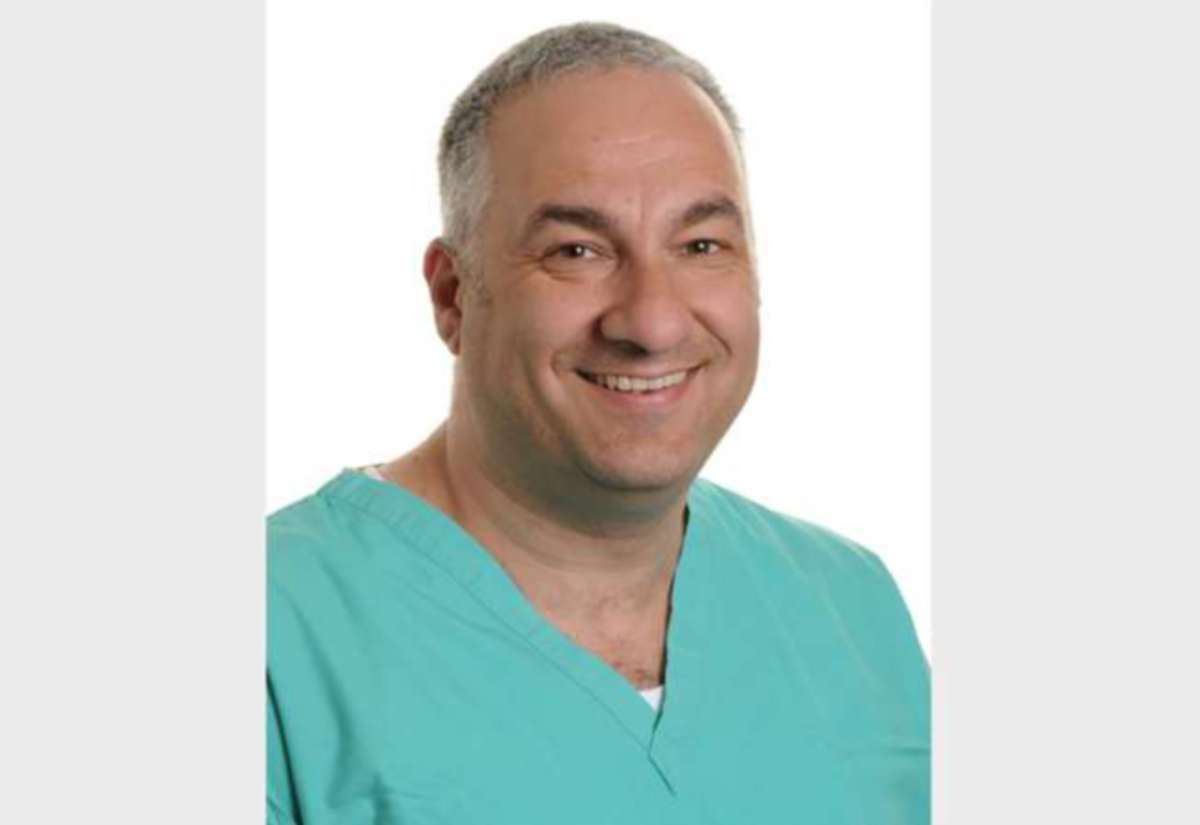Copyright shetlandtimes

Shetland bairns have some of the lowest levels of tooth decay in the country, according to recent inspections. A new report into the dental health of children throughout Scotland found Primary 7 bairns in Shetland had the lowest levels of decayed, missing and filled permanent teeth. The national dental inspection programme also found 89.4 per cent of P7 children were “decay-free” - the second highest level, behind only Orkney. NHS Shetland dentistry director Antony Visocchi said the figures were “excellent” and a “huge testament” to the the team’s dedication. He praised colleagues for working “extremely hard in challenging times”. Mr Visocchi also noted how the recent report showed there were seven per cent fewer children with dental decay in Shetland compared with when inspectors visited two years ago. He said that was “nothing short of remarkable”. “This success provides a strong, disease-free foundation for the future dental health of our young people and means our community will continue to benefit from the ongoing improvements and innovations being introduced within the NHS Shetland public dental service.” The inspection programme is intended to help inform parents and guardians about their child’s oral health, monitor trends and assess the impact of the national oral health improvement programme. Across Scotland, the latest inspection showed 81.5 per cent of P7 children had no signs of dental decay - a slight decline on the 81.9 per cent figure from two years ago. NHS Shetland oral health improvement team leader Morag Mouat said: “We’re absolutely delighted with these results. “The fantastic progress we’ve made reflects the strong relationships we’ve built with our partners in the education service here in Shetland. “Their ongoing support has been crucial in helping us engage with nurseries, schools and pupils, leading to some of the best participation rates in Scotland. “To see Shetland achieving the second-highest proportion of decay-free P7 pupils in the country is a real credit to the hard work of the whole dental team involved in children’s oral health, our education partners, and of course the children and families who have embraced the Childsmile programme.” Key findings in the report show there has been a general downward trend in tooth decay, although this has plateaued since the pandemic, It also noted health inequalities, with children living in the most deprived areas of Scotland more likely to have tooth decay than those in areas with less deprivation. Do you want to respond to this article? If so, click here to submit your thoughts and they may be published in print.



